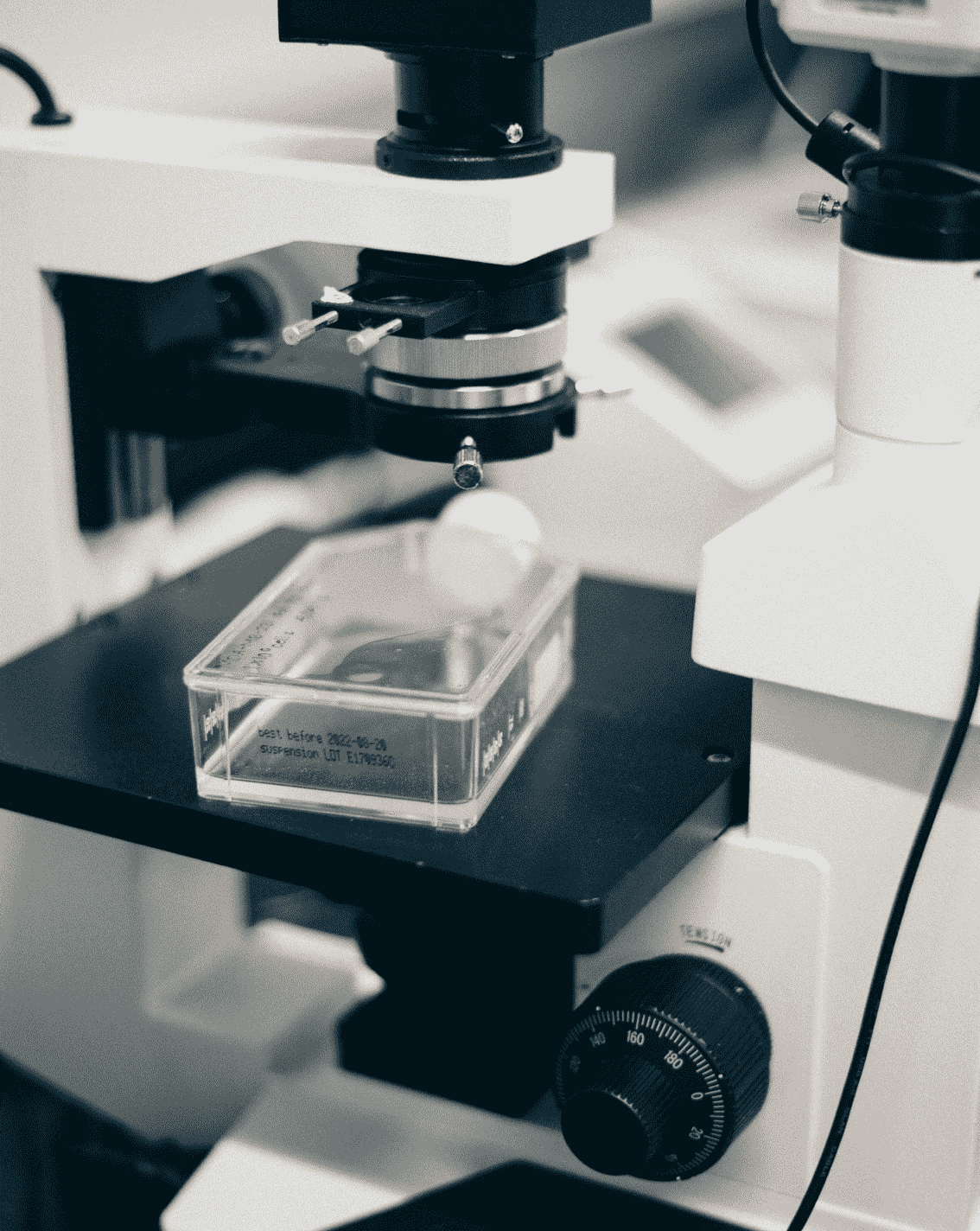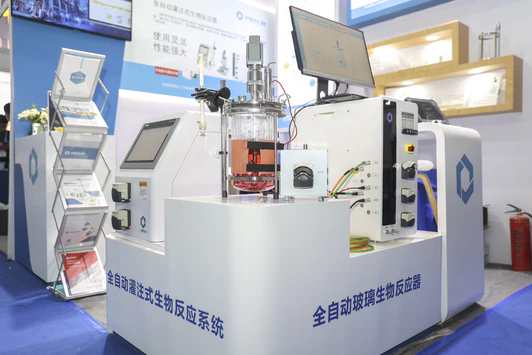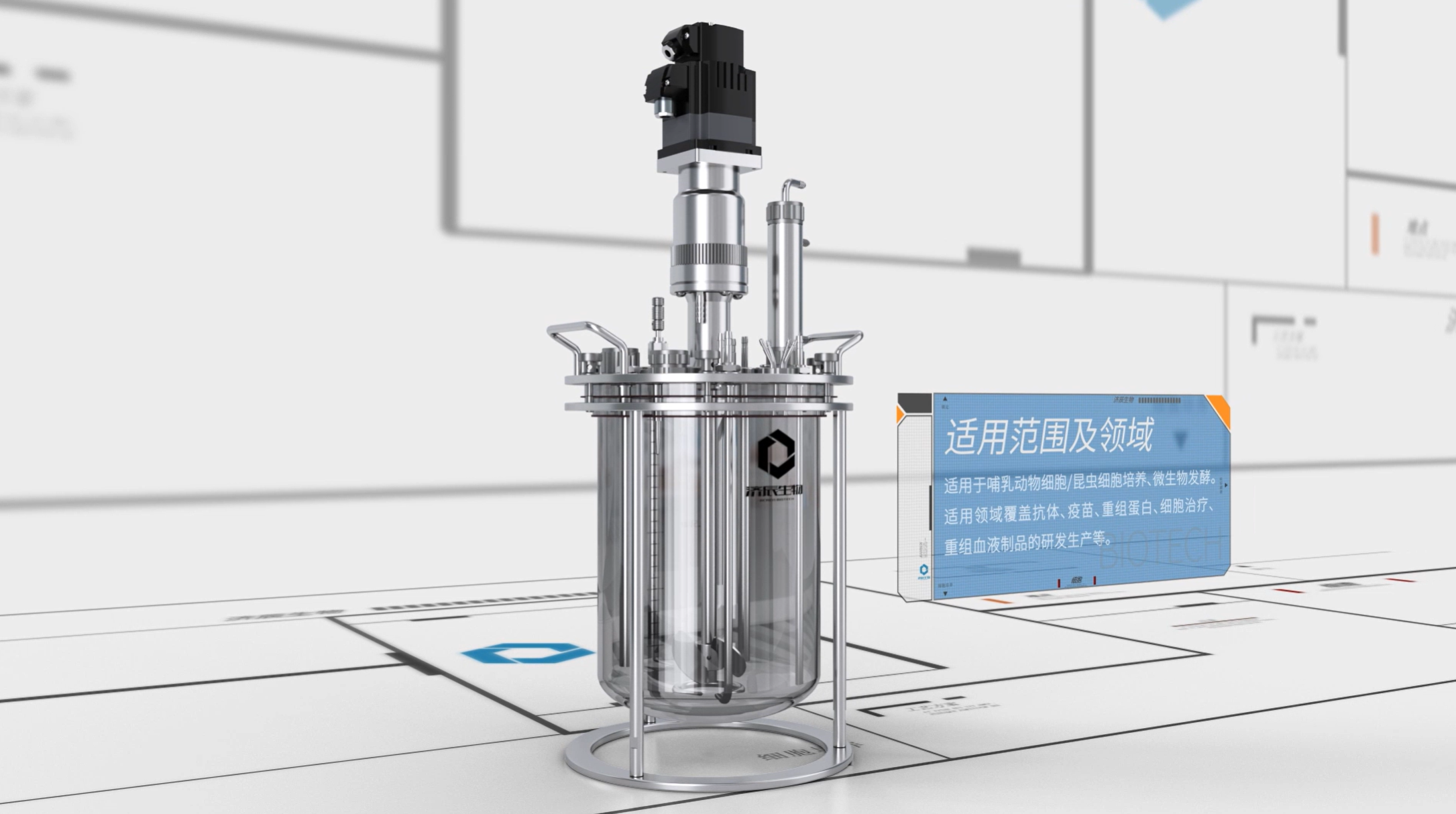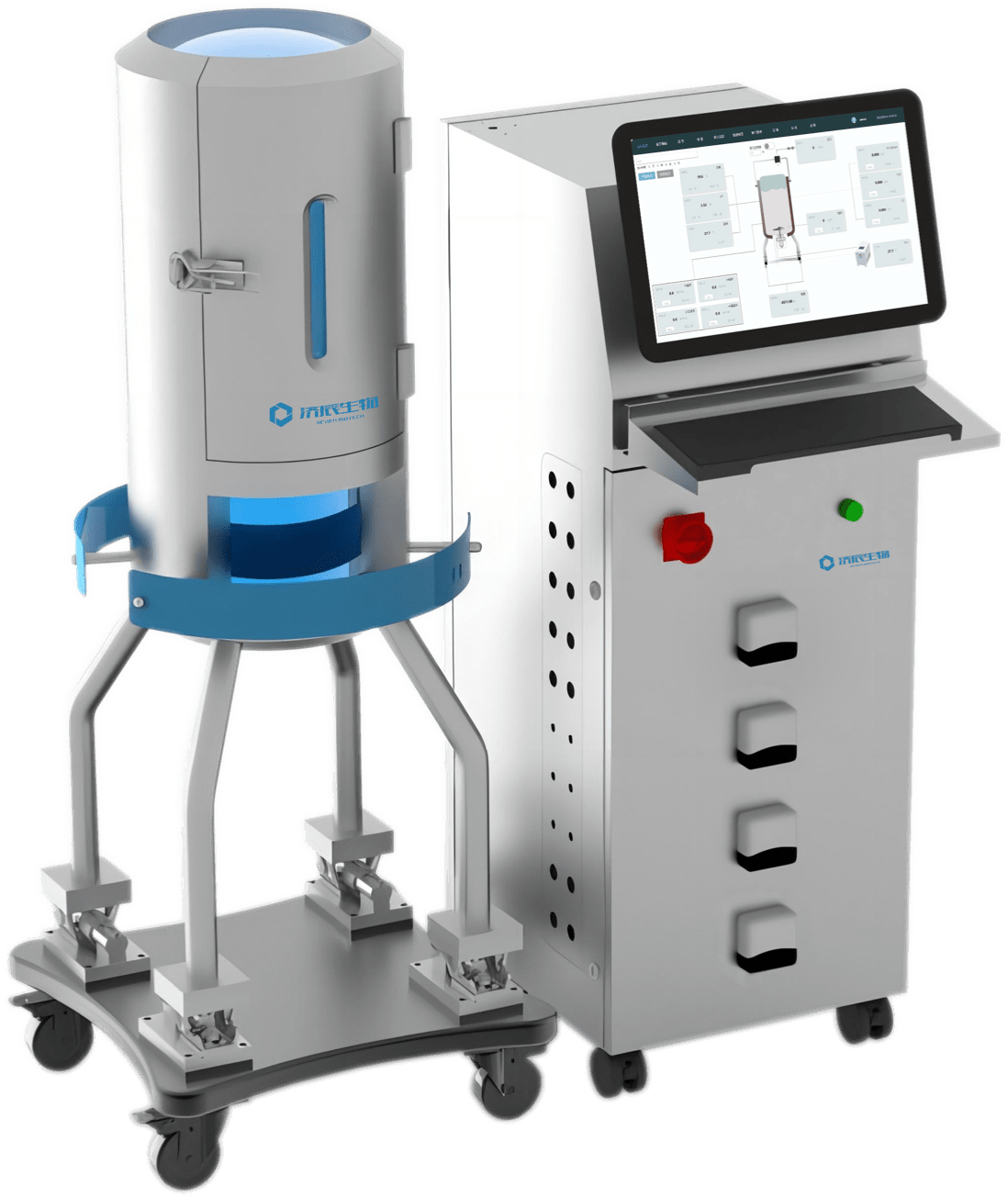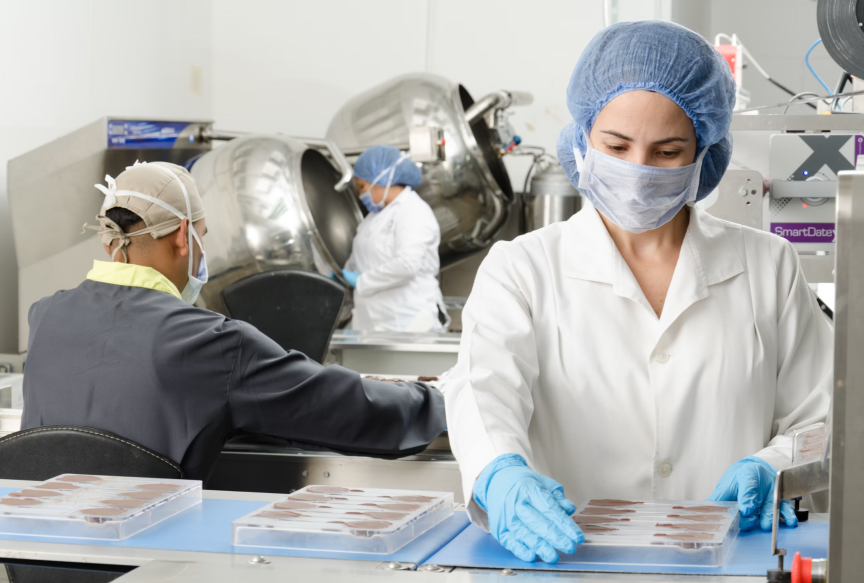The biopharmaceutical industry, as an important part of the high-tech industry, has a direct relationship with the speed and level of its development to the national innovation ability and the overall competitiveness of the pharmaceutical and health industry. Process Analytical Technology (PAT), as a comprehensive technology integrating chemistry, physics, biology and engineering, is playing an increasingly important role in the biopharmaceutical industry. In this paper, we will discuss the application trends of PAT technology in the biopharmaceutical industry and its future development.
Trends in the application of PAT technology in the biopharmaceutical industry
1. Shift from end-of-pipe detection to process control
Traditional biopharmaceutical production process, product quality control mainly relies on the end detection, this method is difficult to adjust the production process in real time, there is a certain lag. The application of PAT technology makes the quality control change from end detection to process control, and realizes the real-time monitoring and adjustment of the production process.
2. From offline analysis to online analysis
Traditional offline analysis methods need to take samples and then analyze them, which is not only time-consuming, but also may affect the authenticity of the samples.PAT technology's on-line analysis capability can be used to obtain the critical quality parameters in real time without interrupting the production process, greatly improving the analysis. critical quality parameters without interrupting the production process, greatly improving the efficiency and accuracy of the analysis.
3. Evolution from single-parameter to multi-parameter integrated monitoring
With the development of PAT technology, the monitoring of biopharmaceutical production process is no longer confined to a single parameter, but evolves to multi-parameter integrated monitoring. This integrated monitoring can reflect the status of the production process more comprehensively and provide more information for quality control.
Future development of PAT technology in the biopharmaceutical industry
1. Deeper integration of information technology
In the future, PAT technology will be more deeply integrated with information technology, through big data, cloud computing, artificial intelligence and other technologies to realize intelligent control and management of the biopharmaceutical production process.
2. Development of new detection technologies
With the emergence of new materials and principles, new detection technologies will be continuously applied to PAT, such as spectroscopy, mass spectrometry, nuclear magnetic resonance (NMR) and so on, in order to improve the sensitivity and specificity of detection.
3. Promoting personalized pharmaceuticals
The application of PAT technology will help to realize the personalized production of biopharmaceuticals. Through the precise control of the production process, it can meet the individual needs of different patient groups and promote the development of personalized pharmaceuticals.
4. Strengthening the construction of regulations and standards
In order to promote the wide application of PAT technology, relevant regulations and standards will be continuously improved at both the national and industry levels to provide guidance and guarantee for the application of PAT technology in the biopharmaceutical industry.
The application of PAT technology in the biopharmaceutical industry is showing an obvious development trend, and its future development potential is huge. With the continuous progress of technology and industry demand, PAT technology will play a more important role in enhancing biopharmaceutical production efficiency, guaranteeing product quality, and promoting industry innovation. Biopharmaceutical companies should actively embrace this technological change to enhance their core competitiveness.
